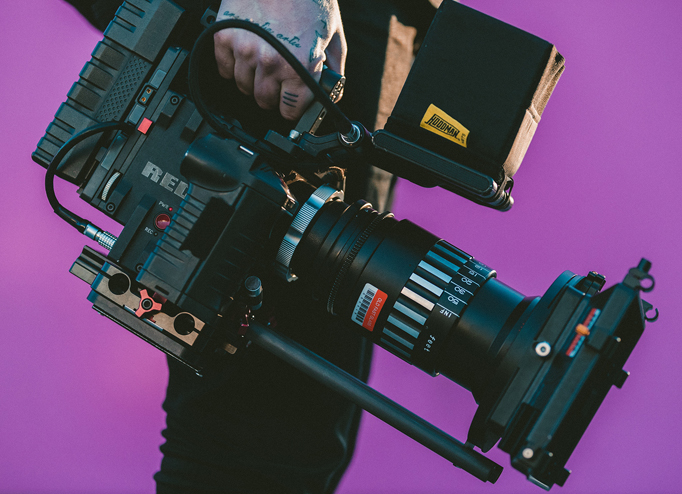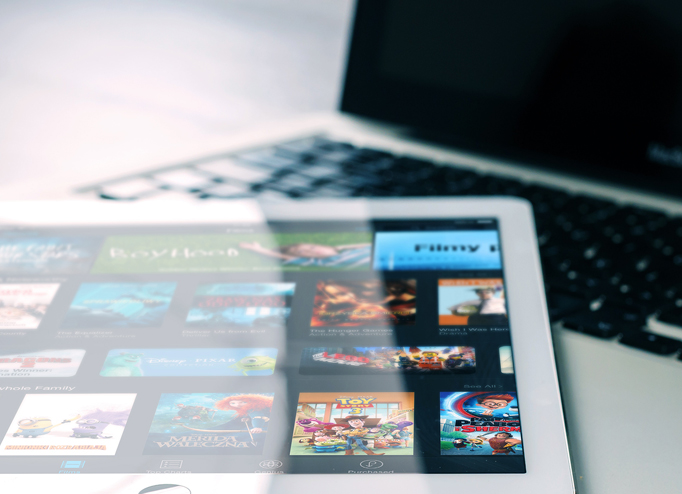ibank
Customer Experience of the Future
Experience economy is a new economic concept for an era where product competitiveness is lost due to the development of technology and consumers start to focus more on experience and service. Experience is a new element that can create higher value than goods or services, and it seems to be the core of the future economy.
Experience economy is a new economic concept for an era where product competitiveness is lost due to the development of technology and consumers start to focus more on experience and service. Experience is a new element that can create higher value than goods or services, and it seems to be the core of the future economy.
The Age of Customer-Centered Experience
Experience economy is a new economic concept for an era where product competitiveness is lost due to the development of technology and consumers start to focus more on experience and service.
Rolf Jensen, head of the Copenhagen Institute for Future Studies, Denmark, said, "The customer's purchase decision is based on emotional factors rather than rational reasons, and people buy emotions, values, and stories that are embedded in the products. Therefore, companies need to concentrate on packaging messages as great fables and stories rather than technical excellence or convenience of the products themselves to secure competitiveness. "
In the past, creating a product with superior functionality was enough to gain market control. This was possible because it took time for competitors took to catch up. Now anyone can quickly catch up with superior functionality and appearance.
With the breakdown of service and product, online and offline boundaries, companies are now forced to find a future market.
Experts emphasize that it is essential to understand the consumers' desires and to design products with a sophisticated fusion of technologies from around the world to gain market share and growth in the future.
Three backgrounds of the experience economy
There are three closely related essential backgrounds of the experience economy.
First, there is SNS, the catalyst for the experience economy.
As social networking became popular, people found fun in experiencing something special and show it off. Experiencing something unique and making memories and then share them with SNS became valuable. Success has gained a whole new meaning by switching from material prosperity to the abundance of experience.
Second, the characteristics of the Millennials.
The Millennials do not cling to material possession but value experience and want to share it. In the past, to show off your wealth was to buy luxury goods, but now the trend is to accumulate experience and share it through social media. Consumption is shifting from 'owning things' to 'experiencing things' due to the Millennials, and this movement is stimulating the experience economy.
Third, the YOLO trend.
YOLO is the abbreviation for 'You Only Live Once,' an attitude that considers your happiness at the moment the most. The Yolos are making the experience economy more active by putting experience at the top and aren't shy to invest in it.
Digital customer experience success stories
In a competitive retail environment, many offline retailers are looking for innovative ways to use advanced digital technology to enhance their in-store customer experience and drive customers to purchase than stop at window shopping.
1. Starbucks' personalized customer experience service
Starbucks collects and utilizes millions of data each week to provide a more personalized customer experience. This data helps to understand the customers better and to know what, where, and how they make purchases. This information in combination with weather, promotions, inventory, and local events make it possible to deliver more personalized services to customers. Customers can earn loyalty points through the Starbucks mobile apps and can order and pay for food and beverages in advance.
2. Interactive Kiosks from General Pants
Australian apparel retailer General Pants has installed an interactive kiosk in their store. The kiosk includes social media features like music, fashion, and "Instagram-opinion," so consumers can take pictures of themselves in stores and send them to other kiosk users and receive real-time feedback. "Our picks" show the trends of clothing and accessories so that customers can order and browse items from kiosks, shop in-store or can send a direct shipment. The "People" feature shares photos of employees and customers from general pants through Twitter, Vine, Facebook, Instagram and so on. General pants developed this interactive kiosk after the various needs of their customers including social integration, P2P shopping, music, fashion, technology, and entertainment.
Experience economy, crisis or opportunity
The emerge of experience economy is not good news for retail business.
With the shift from product to experience the retail industry has now to compete with the leisure and entertainment industry. But experts predict that the experience economy can be an opportunity for the retail sector. Experience gives you the chance to create a difference in the market. Experiences can create superior, more innovative, impressive and sensible products.
Experience also creates added value. Experience as a marketing element to increases brand intimacy and creates a special bond with customers and ultimately sell the product. In particular, experience encourages tremendous loyalty as soon as the customer has a personal and emotional relationship with the brand. Like this, experience is a new element creating higher value than just products and services, shaping the core of the future economy.
* Sources
[21C 경험 경제* 시대 활짝 개막]
http://www.fashionbiz.co.kr/PE/view.asp?idx=156577&uidx=161206
['재미+수익' 매장 내 디지털 고객경험 성공사례 10선]
http://www.ciokorea.com/news/29942?page=0,1
[“소비자 경험을 디자인에 담아라”]
http://news.donga.com/3/all/20170620/84980945/1



